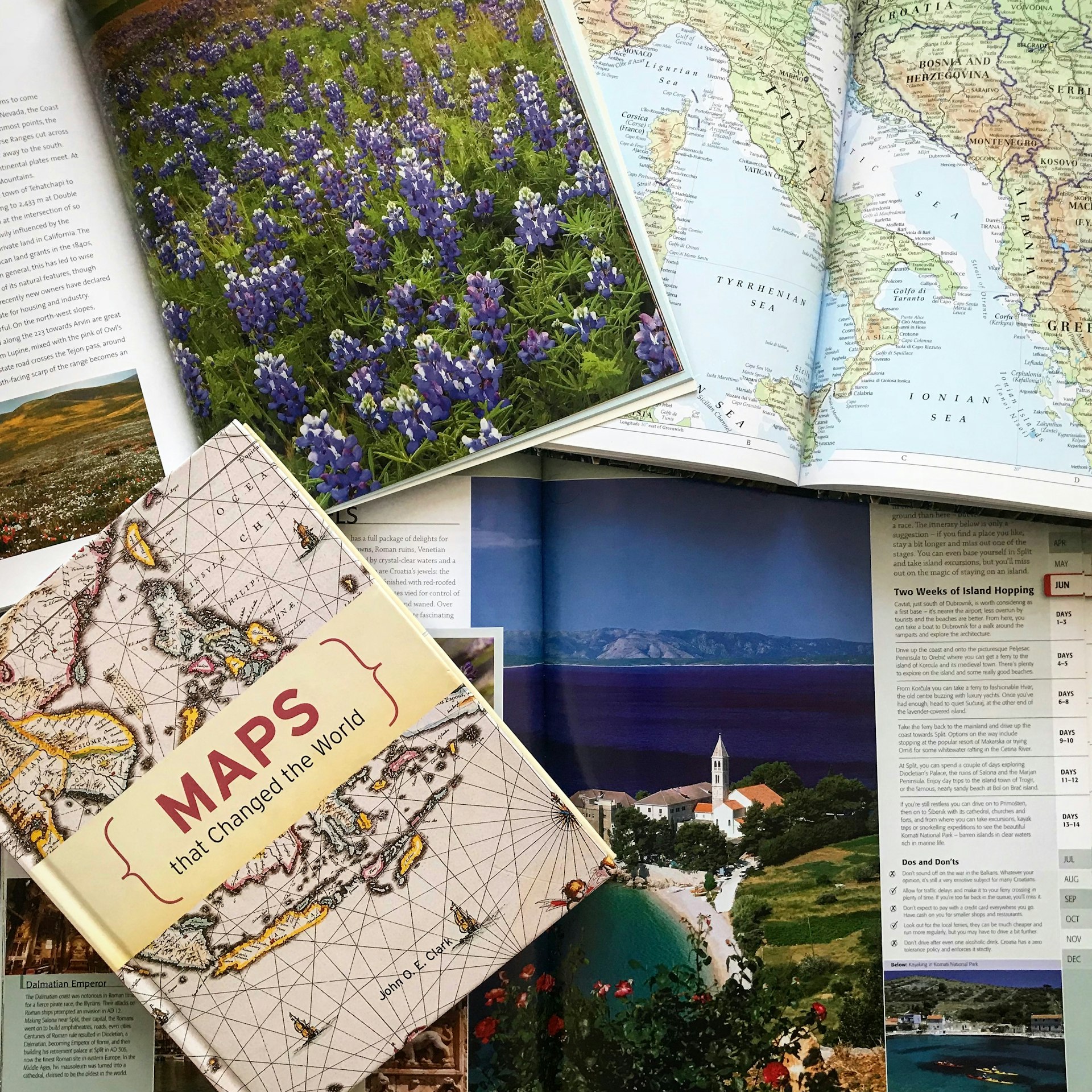Explore the World’s Leading Sustainable Travel Destinations for Eco-Conscious Adventures

Photo by Instagram gary_outdoor on Unsplash
Introduction: Why Sustainable Travel Matters
As global travel rebounds, more travelers are seeking ways to minimize their environmental impact and ensure their journeys benefit local communities. Sustainable travel prioritizes eco-friendly accommodation, supports conservation, respects local cultures, and preserves destinations for future generations. According to Booking.com, 93% of travelers in 2025 expressed a desire to make more sustainable travel choices, with 58% actively adapting their habits to do so [2] . This guide provides in-depth insights into top sustainable destinations, practical steps for booking eco-friendly trips, and actionable advice for responsible exploration.
What Makes a Travel Destination Sustainable?
Sustainable destinations are defined by their commitment to environmental conservation, social responsibility, and economic benefit for local residents. Common characteristics include protected natural areas, renewable energy initiatives, eco-certified accommodations, responsible waste management, and policies that prioritize both visitors and locals. Destinations are increasingly evaluated by third-party organizations for their eco-policies, with many receiving global sustainability certifications [2] .
Top Sustainable Travel Destinations: Real-World Examples and Experiences
Costa Rica: A Biodiversity Leader
Costa Rica stands as a model for sustainable tourism, with over 25% of its land protected and a national commitment to carbon neutrality. The country’s electricity grid is powered by nearly 98% renewable sources, and eco-lodges such as Lapa Rios operate entirely on solar energy [3] . Travelers can hike through Monteverde Cloud Forest, join wildlife conservation tours, and stay in eco-certified lodges. Local guides often have formal training in conservation, and visitors directly support community initiatives through responsible tourism [1] .
Galapagos Islands, Ecuador: Unique Wildlife Protection
The Galapagos Islands maintain strict government regulations to preserve their unique ecosystems. Many accommodations are eco-certified, and public transportation options reduce the reliance on rental cars. Travelers participate in guided tours led by local experts and can support marine conservation efforts through reputable organizations. Responsible visitor limits and sustainable tourism fees help protect endemic species [1] .
Norway: Green Innovation and Nature
Norway is renowned for its commitment to clean energy and sustainable tourism. Eco-labeled hotels, electric ferries, and efficient public transportation make it easy for visitors to explore responsibly. The government’s active investment in national parks and Arctic preservation attracts nature lovers who can enjoy hiking, fjord tours, and the Northern Lights-all while minimizing their carbon footprint [4] .
Portugal’s Azores: Island Sustainability
The Azores are recognized for their volcanic landscapes and rich biodiversity. Eco-tours offer visitors the chance to explore the islands with minimal environmental impact, while initiatives like the Parque Nacional da Peneda-Gerês foster preservation of rare species. Sustainable accommodations and community-based tourism support the islands’ economy and protect their unique ecosystems [4] .
Dominica: Caribbean Climate Resilience
Dominica has focused on becoming the world’s first “climate resilient nation” by investing in eco-lodges, sustainable resorts, and responsible tourism programs. The island’s unspoiled landscapes, clear waters, and mountain ranges provide an immersive experience, while government initiatives encourage both environmental and community stewardship [5] .
Alternative Destinations: Expanding Your Options
Other noteworthy options for sustainable travel include:
- Winnipeg, Canada : Known for its native Prairie Garden and the Assiniboine Park, Winnipeg offers eco-certified accommodations and cultural attractions that celebrate indigenous heritage [2] .
- Tasmania, Australia : The Wukalina Walk, led by Palawa guides, immerses visitors in 10,000 years of Aboriginal history, while eco-friendly lodges along the Bay of Fires enhance conservation [4] .
- Bhutan : As one of the few carbon-negative countries, Bhutan restricts visitor numbers and uses a daily sustainable tourism fee to fund environmental and cultural projects [3] .
How to Access Sustainable Travel Opportunities
To book a sustainable trip, begin by identifying destinations with recognized sustainability credentials. Use established platforms and search terms such as “eco-friendly hotels in [destination],” “sustainable tours,” or “green certification accommodation.” You can:
- Search for destinations on reputable travel aggregators that filter by sustainability certification (e.g., Booking.com allows you to filter properties by third-party eco-certification status).
- Visit official tourism board websites for your desired location and look for sections dedicated to eco-tourism or sustainable travel. These often list certified operators and accommodation.
- Contact local tourism offices or visitor centers via phone or email to request recommendations on sustainable options and local conservation initiatives.
- Consult well-known travel guides such as Lonely Planet for up-to-date lists of eco-friendly destinations and experiences [4] .
- Ask for recommendations from established conservation organizations active in your target region.
For regions with developing resources, search for “community-based tourism” or “responsible travel programs” in combination with the destination’s name.

Photo by Artem Maltsev on Unsplash
Step-by-Step Guide: Planning a Sustainable Trip
- Research certified destinations. Use official tourism websites, established booking platforms, and up-to-date travel guides.
- Book eco-certified accommodations. Look for recognized eco-labels or third-party certifications (such as Green Key, EarthCheck, or Rainforest Alliance).
- Choose low-impact transportation. Opt for public transit, bikes, trains, or electric vehicles where possible.
- Support local businesses. Eat at locally owned restaurants, shop for locally made products, and hire local guides trained in sustainability.
- Respect local customs and nature. Follow all posted guidelines, minimize waste, and participate in conservation efforts when available.
Potential Challenges and Solutions in Sustainable Travel
Travelers may encounter limited eco-certified options, especially in remote areas. In such cases, prioritize accommodations and tours that demonstrate clear, transparent sustainability policies, even if they are not third-party certified. Language barriers, lack of information, or unclear labeling may also pose obstacles. To overcome these:
- Contact tourism boards directly for clarification.
- Consult recent traveler reviews focused on sustainability.
- Use translation tools to access non-English resources.
Always verify credentials and seek guidance from established organizations to ensure authenticity.
Alternative Approaches to Sustainable Travel
If you cannot find certified options, consider reducing your overall travel footprint by:
- Traveling during off-peak seasons to lessen overtourism.
- Combining multiple activities to minimize transport emissions.
- Participating in volunteer programs that support environmental or social causes (research the legitimacy of programs before committing).
Summary: Key Takeaways for Eco-Conscious Travelers
Sustainable travel empowers you to enjoy unique and meaningful experiences while preserving the world’s natural and cultural heritage. By carefully researching destinations, choosing certified accommodations, using responsible transport, and supporting local communities, you can ensure your travel is both rewarding and ethical. Remember to verify all claims of sustainability, seek guidance from authoritative sources, and share your experiences to inspire others.
References
[1] iBamboo (2025). Top 5 Best Sustainable Travel Destinations. [2] Booking.com (2025). 10 Destinations That Make it Easier to Travel Sustainably. [3] The Independent Tourist (2025). Top 7 Sustainable Travel Destinations for Eco-Conscious Explorers. [4] Lonely Planet (2025). 12 Best Sustainable Vacation Destinations for 2025. [5] Ethical Traveler (2025). The World’s Ten Best Ethical Destinations for 2025.
MORE FROM dealseekersguide.com













